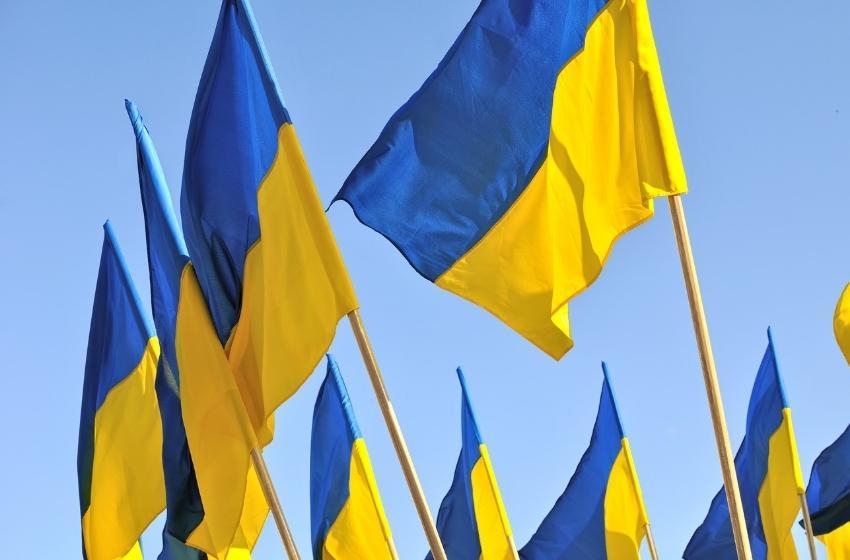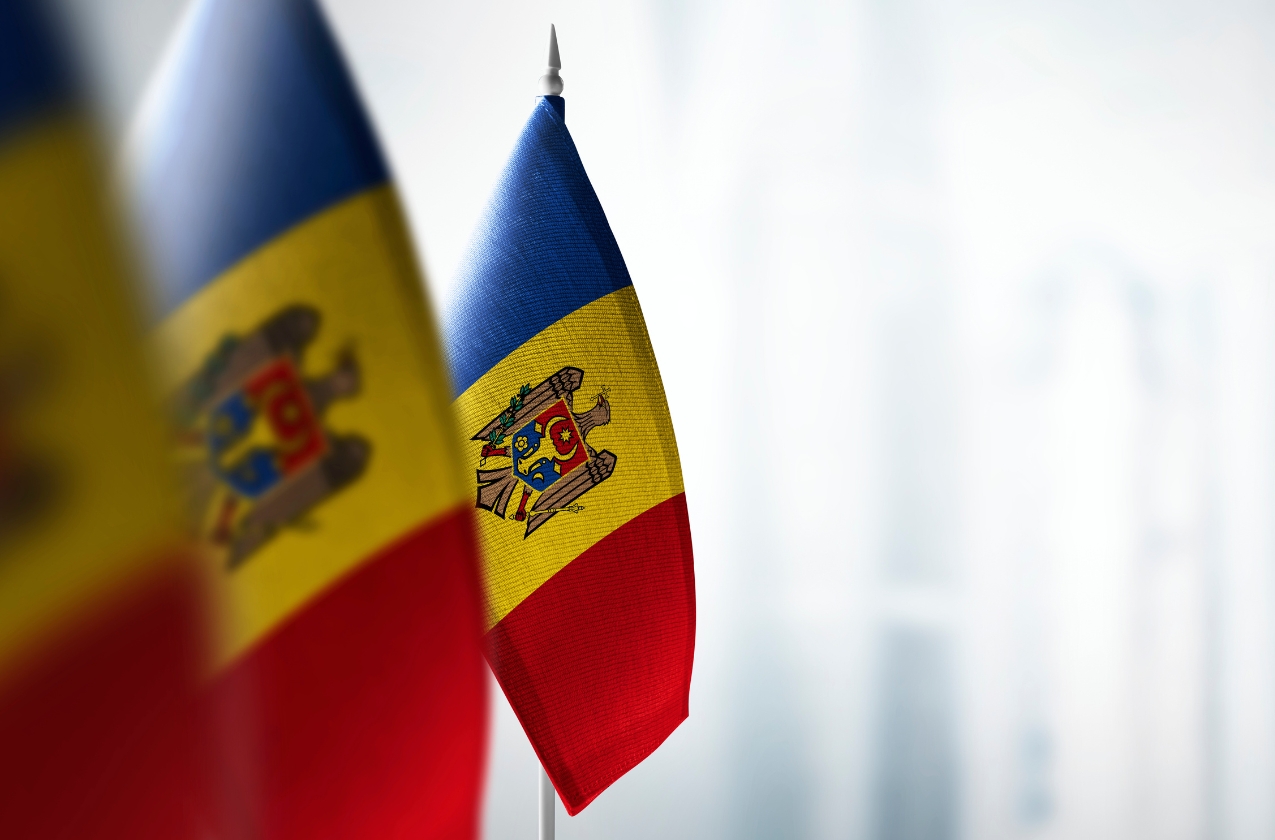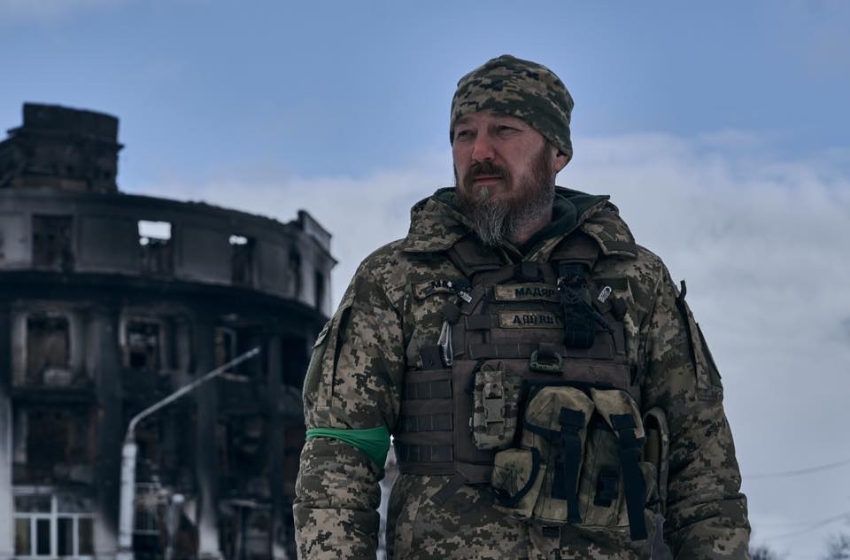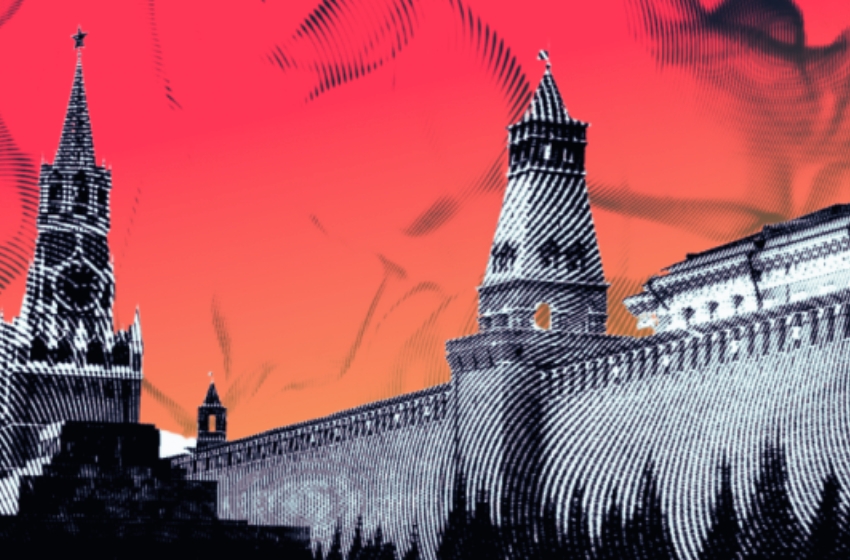In its Seventeenth national survey during the war, Sociological group “Rating†conducted a comprehensive study of various markers of patriotism of Ukrainians. On the eve of Ukraine’s Independence Day, the respondents were asked the questions about their confidence in victory, emotions they feel today about the country and themselves, assessment of the position of Ukraine in the world, their civic and linguistic identity, the frequency of consumption of Russian content, and their attitude towards various ethnic groups. The dynamics of changes of the values of Ukrainian society was studied separately according to the abbreviated method of Schwartz (Schwartz Shalom H.).Â
• Three quarters of Ukrainians (74%) assess the direction of the country's development as the right one. Only 13% believe that it is moving in the wrong direction, while the same share of the respondents could not answer. After a slight drop in May, these indicators stabilized. Â
• The absolute majority of the respondents (93%) are confident that Ukraine will be able to repel Russia’s attack. About 60% said that a longer time is needed to win the war: 20% believe that more than a year is needed, while 40%, six months to a year. At the same time, almost a quarter estimate the time needed for victory to be up to several months.Â
• Pride is the main emotion the respondents feel when thinking about Ukraine (75%). Other emotions include sadness (29%) and joy (26%). About 10% feel interest or fear. The emotions the respondents feel when thinking about themselves were equally distributed: pride (34%), sadness (31%), interest (29%), and joy (23%). Over the past year, pride and joy for the country have doubled. At the individual level, the indicators of pride have also increased, while likewise, there is a rise in sadness and fear. At the same time, fear and sadness about the respondents themselves are more articulated than the ones about the country. The situation with pride is similar. But the opposite is true for interest: the respondents report higher interest towards themselves than towards the country. The residents of the South of Ukraine and women feel sadness for the country relatively more often. Fear is reported more often by women and by the poorer population groups. At the individual level, the residents of the East of Ukraine, women and the poor feel fear more often, while younger people feel joy more often.Â
• If there was a choice today to support the declaration of the Independence of Ukraine or not, the absolute majority would support it (86%, definitely, and 11%, rather). Compared to last year, this indicator increased from 80% to 97%, and compared to 2012, from 62% to 97%.Â
• On a 7-point scale, where 7 is the highest step and 1 is the lowest one, the respondents rated Ukraine's position above the medium level: at 4.6 points, which is 1.5 times higher than the last year's indicator (3.0).Â
• The respondents assessed Ukraine’s future in 10 years at 6.4 points out of 7, which is also significantly higher than the last year's measurement (4.5). At the same time, two-thirds of the respondents rated Ukraine's future prospects at the highest level.Â
• The majority of Ukrainians see their country as free, independent and rich in the future.Â
• Specifically, in an open question, the respondents were offered to use three words to describe how they see Ukraine in the future. “Free†was most often the first word. Also, “strongâ€, “bloomingâ€, “prosperousâ€, “peacefulâ€, and “happy†were often mentioned as the first words. The respondents most often used “independent†as the second attribute to characterize the future of Ukraine. The third attribute is most often “richâ€, while such characteristics as “Europeanâ€, “developedâ€, and “united†were also used.Â
• Our analysis by age groups showed that the younger respondents more often than those in other age groups see the future Ukraine as free, independent and strong, the middle-aged respondents, as peaceful, prosperous and successful, and the elderly, as rich, prosperous and happy. There are also differences by gender. Men more often see the future Ukraine as free, independent, strong, progressive, democratic, and European without corruption. Meanwhile, women see their country as rich, prosperous, peaceful, happy and invincible.Â
• The absolute majority of the respondents identify as citizens of Ukraine (94%). Almost as many identify as the residents of their region. Half of the respondents identify as Europeans (about 30% do not). Almost 10% think of themselves as a “Soviet personâ€, but more than 80% do not.Â
• As for civic identity, there are no significant regional and age differences. Young people more often consider themselves Europeans, while older people more often consider themselves “Soviet peopleâ€.Â
• The share of those who speak Ukrainian at home continues to grow. Specifically, today, 51% say they speak Ukrainian at home (48% said so in April 2022), while a third of the respondents speak both languages, and 13% speak Russian. More than half of the residents of the South and East of Ukraine are bilingual, about a quarter are Russian-speaking. The use of Russian in everyday life has decreased by about half.Â
• 76% indicated Ukrainian as their native language, while 19%, Russian. At the same time, 30% of Russian speakers consider Ukrainian to be their native language.Â
• 86% believe that Ukrainian language should be the only state language. 10% support the status of Russian as the official language in certain regions, while only 3% support Russian as the second state language in Ukraine.Â
• Before the war, more than half of the respondents always spoke Ukrainian, a quarter, sometimes, and every fifth one, rarely or never. Over the past six months, the share of those who began speaking Ukrainian on a regular basis increased to 64%. 24% speak Ukrainian sometimes, and 12%, rarely or never. The residents of the South and East of Ukraine and the internally displaced persons (IDPs) began to use Ukrainian more often. Since the beginning of the war, 19% of Ukrainians have switched to permanent or more frequent use of the Ukrainian language. In general, since the beginning of the war, 41% of Russian speakers and bilinguals began to speak Ukrainian more often: 24%, constantly, and 17%, more often.Â
• There is a sharp decrease in the consumption of Russian content among Ukrainians.Â
• More than 40% of the respondents stopped watching Russian TV series altogether, while another quarter did not watch them before and do not watch them now. In general, almost 70% had not watched Russian TV series during the last six months, and this figure has tripled. Only 15% continue to watch Russian series as before.Â
• More than 40% of respondents stopped listening to Russian music altogether, while another 18% did not listen to it before and do not listen now. In general, almost 60% had not listened to Russian music during the last six months, and this figure increased almost fivefold. Only a quarter continue to listen to Russian music as before.Â
• Before the full-scale Russian invasion, older respondents, women, and the residents of the East and South of Ukraine watched Russian TV series more often than others. Young and middle-aged people, as well as men listened to Russian music more often than others. Today, representatives of the middle-aged generation and women watch Russian series somewhat more often than others. On the other hand, young and middle-aged respondents as well as men stand out significantly in the frequency of consumption of Russian music: a third of these respondents continue to listen to the music by Russian performers.Â
• Our survey showed a further deterioration of the attitudes of Ukrainians towards the residents of Russia and Belarus. 81% have a negative attitude towards Russians (69% reported negative attitude in April 2022, and 41%, in April 2021). 14% feel neutral, and only 3% feel positive towards Russians. 52% have a negative attitude towards Belarusians (in April 2022, this share was 33%, and in April 2021, 4%). A neutral attitude is reported by 34%, and a positive one, by 10%.Â
• The respondents have predominantly neutral attitude towards the Russians who live in Ukraine (42%). 22% have a positive attitude towards them, while 29% have a negative attitude. The attitude towards Russian-speaking Ukrainians is mostly positive (51%) or neutral (31%). Only 14% report a negative attitude. In general, as a result of the war, the attitude towards Russian-speaking Ukrainians improved from 37% (in April 2021) to 51% (in August 2022), although over the last four months, the positive attitudes has slightly decreased in favor of neutral ones, with no increase in negativity.Â
• The attitudes towards the residents of the occupied Crimea and especially towards the residents of the so-called “L/DPR†continue to deteriorate. 22% have a positive attitude towards the residents of the occupied Crimea, while 23% have a negative attitude, and 45% have a neutral attitude (in April, 41% of the attitudes were positive, 14% were negative, and 40% were neutral). Only 14% have a positive view of the residents of the so-called of the DPR/LPR, 47% have a negative view, and 32% are neutral (in April 2022, 27% had a positive view, 31% had a negative view, and 37% were neutral).Â
• There is a certain “softening†of the estimates of the time needed for reconciliation between Ukrainians and Russians. While in April 2022 (the survey was conducted after the liberation of Kyiv region from the Russian invaders), two-thirds said that reconciliation was impossible, in August, this share comprises about half of the respondents. A third believe that it will be possible to renew the relationship in 20-30 years, 14% believe that it will happen in 10-15 years, and only 5% believe that it is possible in a few years. Older respondents, the residents of the East and South of Ukraine, and Russian speakers are more disposed to “reconciliation†in relatively shorter terms.Â
• There were no significant changes in the values structure in Ukraine. In general, there is a trend towards the values of self-determination and openness to change. Universalism and kindness continue to dominate as they traditionally did. Conformity remains at a high level as well as, in contrast, independence. The values of security and traditionality are also significant. Ukrainians value wealth the least, as they did last year. Over the year, the values of traditionality, hedonism, stimulation, and especially the value of independence have slightly increased.Â
• Traditionally, the values of independence, wealth, and hedonism are observed more among the young people. In contrast to them, the respondents in the middle-age group and especially those in the older group are more inclined to conservative values (traditionalism and conformity). On the other hand, such values as independence, universalism, kindness, security, and achievement are common to the representatives of all age groups. And while the significance of the values of stimulation, achievement and wealth (power) is significantly higher for men, security, traditionality, conformity, universalism and kindness are more significant for women.Â
Audience: the population of Ukraine aged 18 and older in all regions, except for the temporarily occupied territories of Crimea and Donbas, as well as the territories where there was no Ukrainian mobile connection at the time of the survey.
The results are weighted using the current data from the State Statistics Service of Ukraine. The sample is representative in terms of age, gender and type of settlement. Sample population: 1000 respondents.
Survey method: CATI (Computer Assisted Telephone Interviewing).
Based on a random sample of mobile phone numbers.
The error of representativeness of the study with the confidence interval of 0.95: no more than 3.1%.





















